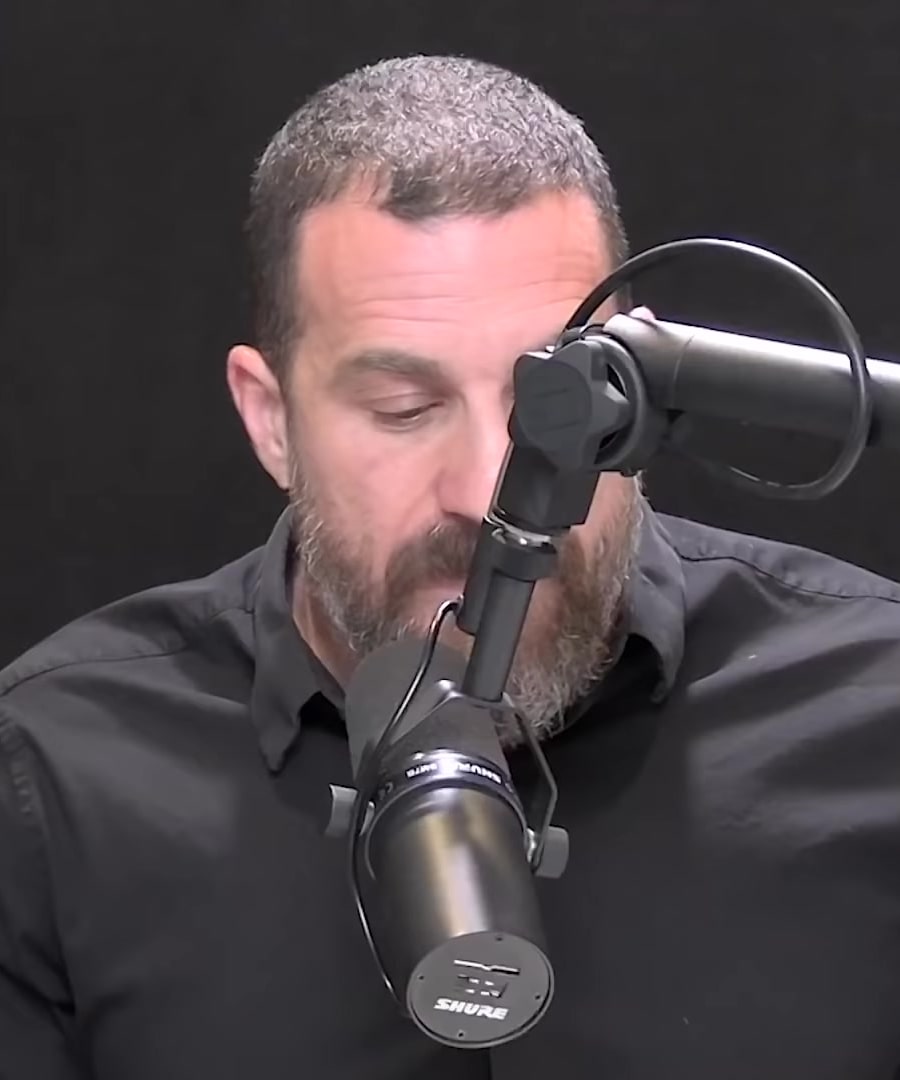What are the benefits of cold exposure?
Sources:
Cold exposure has a range of physiological and psychological benefits, including:
- Increasing metabolism and brown fat stores, which help maintain warmth and reduce inflammation.
- Robustly increasing baseline levels of dopamine by as much as 2.5 times, enhancing mood and alertness.
- Serving as a tool for building self-discipline and resilience over time.
- Potentially assisting in addiction recovery by providing a healthier alternative for dopamine release, as opposed to substances like cocaine which cause sharper and more harmful fluctuations in dopamine levels.
- Improving mental resilience by serving as a stressor that can be modulated to build mental toughness.
- Converting white fat cells to thermogenic beige or brown fat cells, which aid in staying lean.
- Reducing inflammation post-exercise and generally.
- Regulating cortisol and hormone production, especially when practiced earlier in the day, which can indirectly benefit fertility in both males and females by timing cortisol release.
- Inducing a condition in the brain and body known as eustress, a positive form of stress that can increase resilience without the negative health outcomes associated with distress.
It should be noted that cold exposure for stress inoculation might involve suppressing the shiver response to resist the activation of the sympathetic nervous system. On the other hand, if using cold exposure for fat loss and thermogenesis, engaging in shivering can activate brown fat cells that increase metabolism and promote fat burning 1 2 3 4 5 6 7 8.
RELATED QUESTIONSWhat are some related health practices to cold exposure?
Sources:
Health practices related to cold exposure include:
- Brown Fat Activation: Using cold to stimulate brown fat thermogenesis, which aids in maintaining leanness and serves as a source to heat the body during cold challenges.
- Inflammation Reduction: Employing cold to decrease inflammation post-exercise and in general.
- Testosterone Increase: Some individuals use deliberate cold exposure, particularly to the groin area, to potentially heighten testosterone levels. However, this practice may not be necessary, and care should be taken to avoid tissue damage.
- Anxiety Regulation: Cold exposure can improve the ability to regulate anxiety and buffer against everyday stress.
- Metabolism: Short bouts of cold exposure can impact metabolism, leading to fat loss, particularly a reduction in waist circumference and abdominal fat.
- Mental Acuity & Resilience: Using cold exposure protocols to increase mental toughness and resilience during stressful situations.
- Sperm Quality: Reducing heat in the testicular area to enhance sperm quality, linked to overall sperm health.
For all health practices, an understanding of underlying mechanisms and the safe implementation of these methods is crucial. It's advisable to consult with healthcare professionals or experts in the field, as well as to refer to peer-reviewed scientific literature, to ensure practices are beneficial and not harmful 1 2 3 4 5 6 7 8.
RELATED QUESTIONS
What are the benefits of cold exposure?
- RELATED QUESTIONS
What are some related health practices to cold exposure?
- RELATED QUESTIONS













